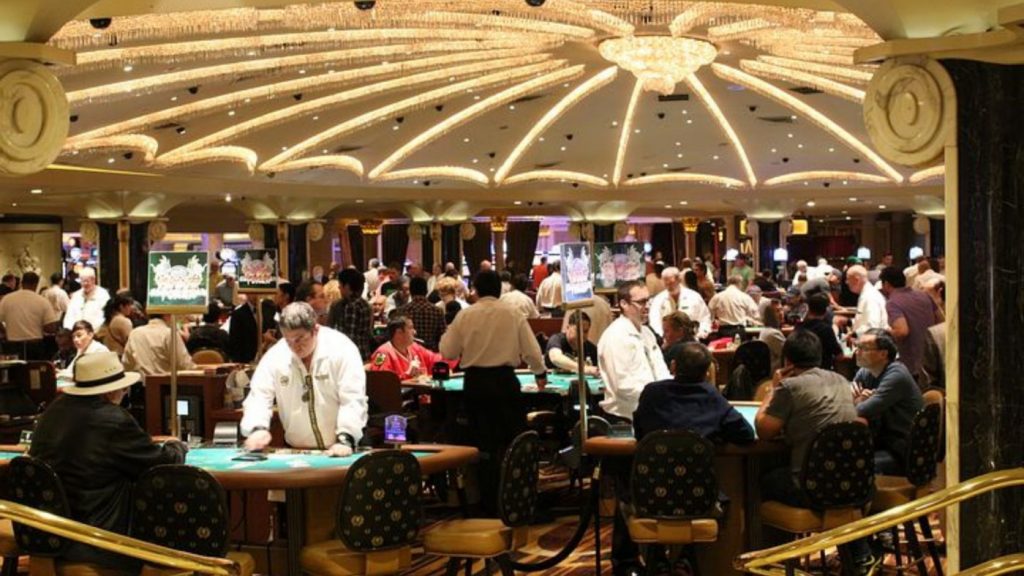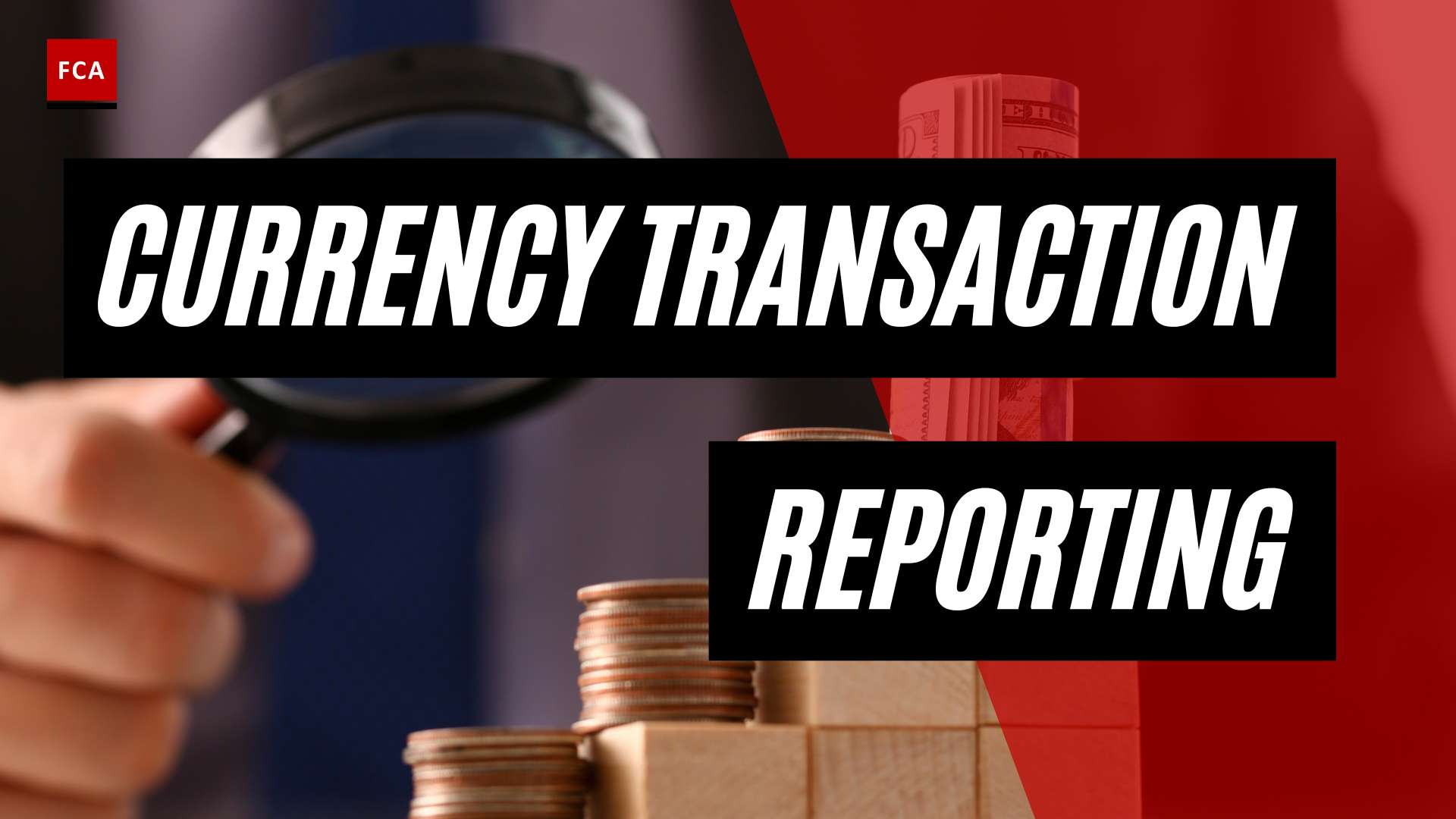Financial gain is a bet that can recompense for unscrupulous fraudsters, and it is apparent that the lucrative betting business has been a big target for money launderers for a long time, particularly in the United Kingdom. Criminals engaging in money laundering through casinos on a lucky line will acquire innovative ways to penetrate the system and launder money just behind those seeking to stop them, despite stricter legislation, verification procedures, and due diligence inspections. There is a lot more that casinos (both online and offline) and banks can do to block the flow of illegal monies in the gambling sector and avoid paying huge penalties for withholding illegal functions.
Table of Contents
- Key Takeaways
- Warning Signs
- Who Has The Upper Hand When It Comes To Money Laundering Through Casinos?
- The Stakes Of Money Laundering Through Casino Grow Higher
- Summary
Key Takeaways
- One of the industries with the biggest risk of money laundering is casinos.
- Illegal gambling is a bet that is played without authorization and without being subject to a license based on the authority granted by law. Legal gambling generates significant revenue for governments and the community.
- The Politically Exposed Person (PEP) has been added to the list of people who can’t use casinos to launder money.
- Money laundering through casinos is a possibility with online gambling.
- Gambling AML: An Industry Still Flush With Money Laundering Through Casinos
Warning Signs
Pinsent Masons discovered that there was a lack of thorough focus in terms of money laundering through casinos in the gambling industry. After all, the gambling sector encompasses a diverse range of venues such as casinos, betting shops, bingo halls, leisure corridors, and arcades. Despite these varied methods, internet and non-remote casinos were the only gaming companies subject to the UK’s money laundering legislation in 2019. Other stations were left out due to the low number of their activities, which did not justify a high-risk evaluation.
Furthermore, the Fourth Anti-Money Laundering Directive exempted lower-risk gaming companies from AML requirements, despite the fact that the harm caused by these other platforms is evident. Children as young as 16 have been found spending up to £350 each week on lottery jackpot games offered by lottery powerhouse Camelot, benefiting from a youthful audience where other gambling establishments need a minimum gambler age of 18+.
The issue of discovering unlawful behavior grows in lockstep as more gaming marketplaces open up. While it is illegal to neglect to report alleged money laundering through casinos, there is no financial punishment for doing so. Crooks can infiltrate this market by forming a ‘legitimate’ gambling company and utilizing it as a front to conceal the source of money or goods obtained through illegal means. Another possibility is that money launderers will profit by using the proceeds to fund gambling as a recreational activity. Even more difficult to catch are those who disperse the money in modest increments among a range of gambling accounts.
Who Has The Upper Hand When It Comes To Money Laundering Through Casinos?
While these activities take place across the spectrum of betting aids, it may be time for all service providers to take a page from the casino money laundering regulatory strategy, which shares many similarities with other industries’ efforts to improve AML and due diligence processes – through payment providers and banks.

All users entering a casino must undertake a manual KYC evaluation, which involves identity and authentication every time a player deposits, wins, or spends more than €2000, according to the Gambling Money Laundering Regulation (enforced by the Gambling Commission). Then, as part of ongoing surveillance, additional due diligence must be performed to confirm this initial discovery as well as more sophisticated business connections and to ensure that staff is taught to recognize the problematic regulatory activity. All bets placed through online bookmakers must be fully traceable.
There is also a specific need for gambling providers to have a designated agent who will tell the National Crime Agency of any incidents of suspicious activity, such as a rise in a customer’s rate of a transaction, as a result of the Proceeds of Crime Act (POCA) in 2002. All of these safeguards need a high level of due diligence on gamblers’ credentials, particularly when a player is a politically exposed person (PEP) involved in money laundering through casinos, has been placed on a prohibition list, or is from a high-risk state.
Banks would also be held accountable if they failed to track illegal gambling transactions. In what has become a high-profile issue, Visa has ordered Wirecard to cut ties with sellers involved in illicit betting, prostitution, and medicinal supplies for up to a lifetime (though an ongoing one).
In 2008, however, Mastercard fined the German payments company £11 million for supplying inaccurate gambling transaction codes, prompting worries that it was routing refused transactions through miscoded suppliers to be wrongly authorized as gambling payments by banks. Fraudulent activity can be easily camouflaged because of the use of transaction fintech, financial services businesses, banks, and casinos, needing a high level of due diligence from all parties, which has been lacking for some time.
The Stakes Of Money Laundering Through Casino Grow Higher
Given the prior example, as these businesses’ services get more remote, it becomes much more difficult for them to combat crime. While the Gambling Commission attempts to implement the aforementioned following AML regulations, it has been chastised for not getting anything done.
The Commission is unfit for purpose, according to Adam Bradford of the Safer Online Gaming Group, because sanctions are “pennies on the dollar” compared to the profits made by gaming enterprises from money laundering and addiction, according to the Independent. Casinos were fined £19.6 million in 2019 for refusing to accommodate problem gamblers and money launderers, with Daub Alderney earning little over a third of that (£7.1 million).
The research also indicates the extent of incompetence in preventing illicit gambling: technicians recorded 1.6 million sign-ups in which clients pledged not to use poker machines in the future, yet 135,700 instances of these people continuing to play were discovered anyhow. Money launderers are more likely to keep their identities and go on their operation if suspicious tactics are used to block them in this way.

When you combine this with the fact that internet gambling companies receive cryptocurrencies, it appears that enhanced due diligence efforts – such as inspections of UBOs, PEPs, and the like – are required for gambling companies to detect and prevent the spread of illicit money, in addition to simply complying with AML rules.
Summary
Money launderers will continue to see the gambling industry as a good bet for their crimes until the industry as a whole, as well as the financial services companies involved in this precarious jurisdiction, sees more activity and investment because compliance laws exist, but they do not extend far enough beyond casinos.








